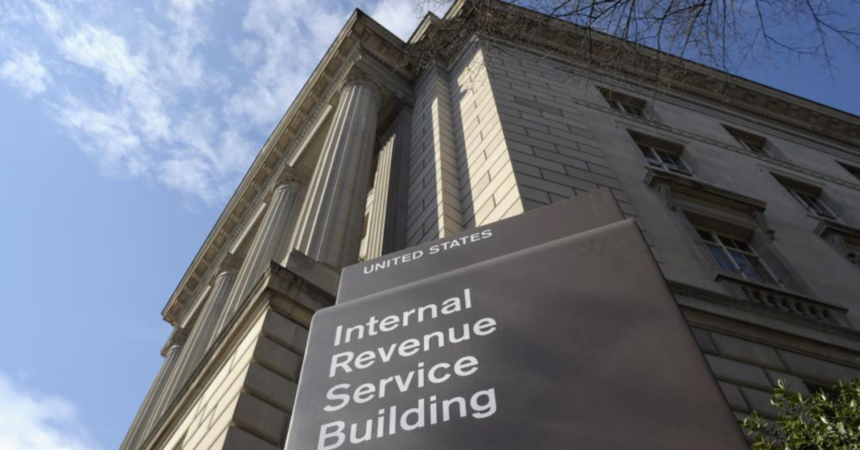The US Internal Revenue Service has once again issued a stern warning to Americans about the use of Maltese tax avoidance schemes where money and digital assets can be hidden offshore in Malta in retirement accounts.
The IRS this week warned specifically about Maltese individual retirement arrangements in which US residents attempt to avoid taxes at home by contributing to individual retirement arrangements based in Malta.
This is not the first time the IRS has highlighted the problem and the Maltese schemes had been added to the IRS’ so-called Dirty Dozen list back in 2021 when it warned that some US citizens were using provisions of the US-Malta Income Tax Treaty to avoid property tax by moving assets into Maltese pension plans.
The issue does not seem to have been addressed since then, with the IRS this week reissuing the warning as the US 2023 tax season gets into full swing.
It has now updated the warning to include such retirement schemes hiding digital assets such as cryptocurrencies.
The IRS has also urged people to come forward with information about such schemes.
“These tax avoidance strategies often target high-income individuals seeking to reduce or eliminate their tax obligation,” IRS Commissioner Danny Werfel said this week.
“Sometimes taxpayers are conned into believing they can participate in these schemes. People should always look for advice from an independent, trusted tax professional, not a promoter focused on aggressive marketing and pushing questionable transactions.”
Maltese individual retirement arrangements, the IRS said, are misusing the tax treaty by involving US citizens or residents in avoiding US tax by contributing to individual retirement arrangements in Malta.
The IRS noted how “The participants in these transactions typically lack any local connection to the host country, and unlike US law for individual retirement arrangements, the host country’s laws allow for contributions in a form other than cash and do not limit the amount of contributions by reference to employment or self-employment activities.”
By improperly asserting the Maltese arrangement as a “pension fund” for US tax treaty purposes, some taxpayers “misconstrue the relevant treaty provisions and improperly claim an exemption from US income tax on gains and earnings in, and distributions from, the foreign individual retirement arrangement”.
This week’s IRS warning marks an end to its so-called ‘2023 Dirty Dozen’ series, in which it warned taxpayers to beware of promoters peddling bogus tax schemes aimed at reducing taxes or avoiding them altogether.
The IRS said it continues to scrutinise taxpayers attempting to hide assets in offshore accounts and accounts holding digital assets, such as cryptocurrency, and reminded that US citizens and residents are taxable on their worldwide income unless they can establish there is a statutory or treaty exemption.
Relevant to Malta, the IRS said continues to identify individuals who attempt to conceal income in offshore banks, brokerage accounts, digital asset accounts and nominee entities.
The IRS said it “scrutinises structured transactions, private annuities, employee leasing schemes, foreign trusts, the use of nominee ownership and other arrangements used to conceal taxable income, beneficial owners and assets.
“To complement its enforcement investigations, the IRS requires individuals holding foreign assets and third parties to report to the IRS on foreign assets, foreign accounts, foreign entities and digital assets. Reporting requirements carry penalties for failure to file.”
It said asset protection professionals and unscrupulous promoters continue to lure US persons into placing their assets in offshore accounts and structures, saying they are out of the IRS’ reach.
“Similarly, unscrupulous promoters recommend digital assets as being untraceable and undiscoverable by the IRS. These assertions are not true. The IRS can identify and track anonymous transactions of foreign financial accounts as well as digital assets.
“Many of these schemes are promoted and advertised online, but all these schemes have one thing in common – they promise tax savings that are too good to be true and will likely cause legal harm to taxpayers.”














Why is it that our tiny archipelago is always in the news for the wrong reasons.
If we need to attract productive foreign investors our international reputation requires immediate and drastic improvement.
That is the only way forward. Forget cheap labour. We need the best individuals to capitalise the potential that Malta can offer.
Relying on construction and tourism only will be our downfall.
Our environment and infrastructure require a huge upgrade to attract such productive investment.